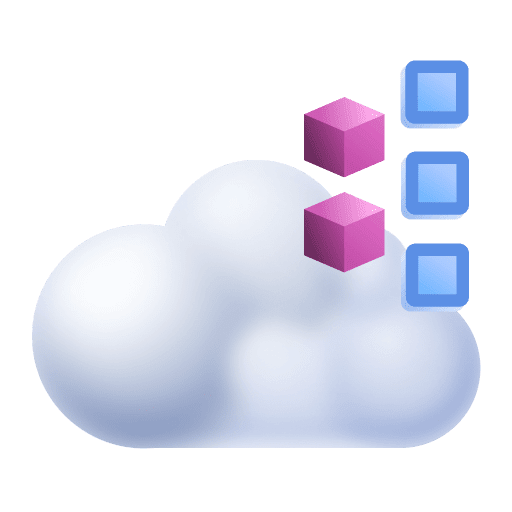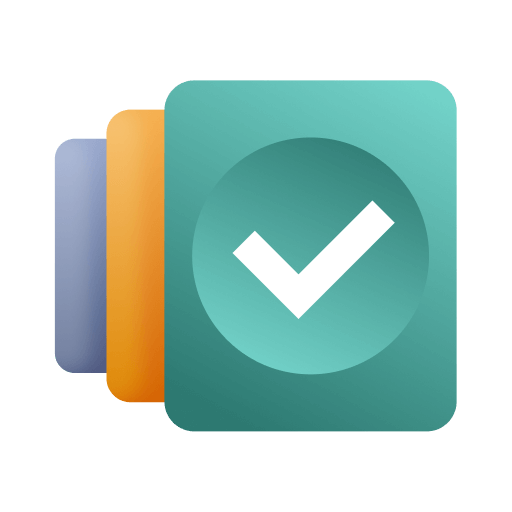OneAgent metric API
- Latest Dynatrace
- 2-min read
You can use the local http://localhost:<port>/metrics/ingest API endpoint to push locally retrieved metrics to Dynatrace over a secure and authenticated channel. This endpoint is available only to local clients and cannot be reached from remote hosts.
If you can't push metrics using a local API endpoint, you can also use the public Metric API v2 endpoint.
Enable the OneAgent metric API
ActiveGate version 1.243+
OneAgent version 1.243+
The OneAgent metric API comes with OneAgent version 1.201 by default. You only need to enable the OneAgent metric API at the environment or host level. Note that the host-level configuration overrides the environment configuration.
Enable at the environment level
- Go to Settings and select Preferences > Extension Execution Controller.
- Turn on Enable Extension Execution Controller.
- Turn on Enable local HTTP Metric, Log and Event Ingest API.
Enable for a single host
- Go to
 Hosts Classic.
Hosts Classic. - Find and select your host to display the host overview page.
- In the upper-right corner of the host overview page, select More (…) > Settings.
- In the host settings, select Extension Execution Controller.
- Turn on Enable Extension Execution Controller.
Enable for a host group
-
Go to
 Deployment Status > OneAgents.
Deployment Status > OneAgents. -
On the OneAgent deployment page, turn off Show new OneAgent deployments.
-
In the Filter by field, enter Host group, and then select the host group you want to configure from the dropdown list.
The host list is now filtered by the selected host group. Each listed host has a Host group:
<group name>link, where<group name>is the name of the host group that you want to configure.The Host group property is not displayed when the selected host doesn't belong to any host group.
-
Select the host group name in any row.
As you have filtered by host group, all displayed hosts go to the same host group.
- In the host group settings, select Extension Execution Controller.
- Turn on Enable Extension Execution Controller.
If you want to change your limits for EEC resource consumption, see Performance profile.
Topology awareness
Using the local API endpoint, the host ID and host name context are automatically added to each metric as dimensions. Learn how to enrich your metrics with other Dynatrace-specific dimensions and apply Dynatrace-AI causation details to your ingested data.
Metric format
Provided data points must follow the Metrics ingestion protocol.
The request consumes a text/plain payload with the charset=utf-8 character set. The payload is limited to 1,000 lines.
Example
With this curl command, you'll ingest the cpu.temperature metric assigned to the cpu=1 dimension. The metric will be automatically assigned to a respective host ID and host name.
curl --data "cpu.temperature,cpu=1 55" http://localhost:14499/metrics/ingest \-H "Content-Type: text/plain; charset=utf-8"
Successful response:
{"error": null,"linesValid": 1,"linesInvalid": 0}
Communication port
Starting with OneAgent version 1.267+, AIX systems also support metric ingestion.
The default metric ingestion port is 14499. If necessary, you can use the oneagentctl command to check or change the port. Changing the metric ingestion port requires restart of OneAgent. Add --restart-service to the command to restart OneAgent automatically.
Check the ingestion port
Use the --get-extensions-ingest-port parameter to show the current local ingestion port, 14499 by default.
- Linux, AIX:
./oneagentctl --get-extensions-ingest-port - Windows:
.\oneagentctl.exe --get-extensions-ingest-port
Set a custom ingestion port
Use the --set-extensions-ingest-port=<arg> parameter to set a custom local ingestion port.
- Linux, AIX:
./oneagentctl --set-extensions-ingest-port=14499 --restart-service - Windows:
.\oneagentctl.exe --set-extensions-ingest-port=14499 --restart-service
Configure proxy
Configure your host proxy to allow localhost traffic going to the metric ingestion port, 14499 by default.
Note that changing the port for the OneAgent metric API also affects scripting integration and Telegraf.
Metrics API v2
Unlike the local ingestion interface, which adds the topology context automatically (each metric is assigned to a respective host), metrics pushed through the public Metrics API v2 are flat by default. This is especially beneficial for business-related metrics that don't have any relation to the topology entities in your environment.
However, to have events raised for a selected host and have Dynatrace Intelligence perform causation analysis based on your metrics, you can configure your app to add the dt.entity.host dimension. To automatically enrich process group identifier with the metric, provide dt.process.pid dimension. For more information, see Metrics API - POST ingest data points.